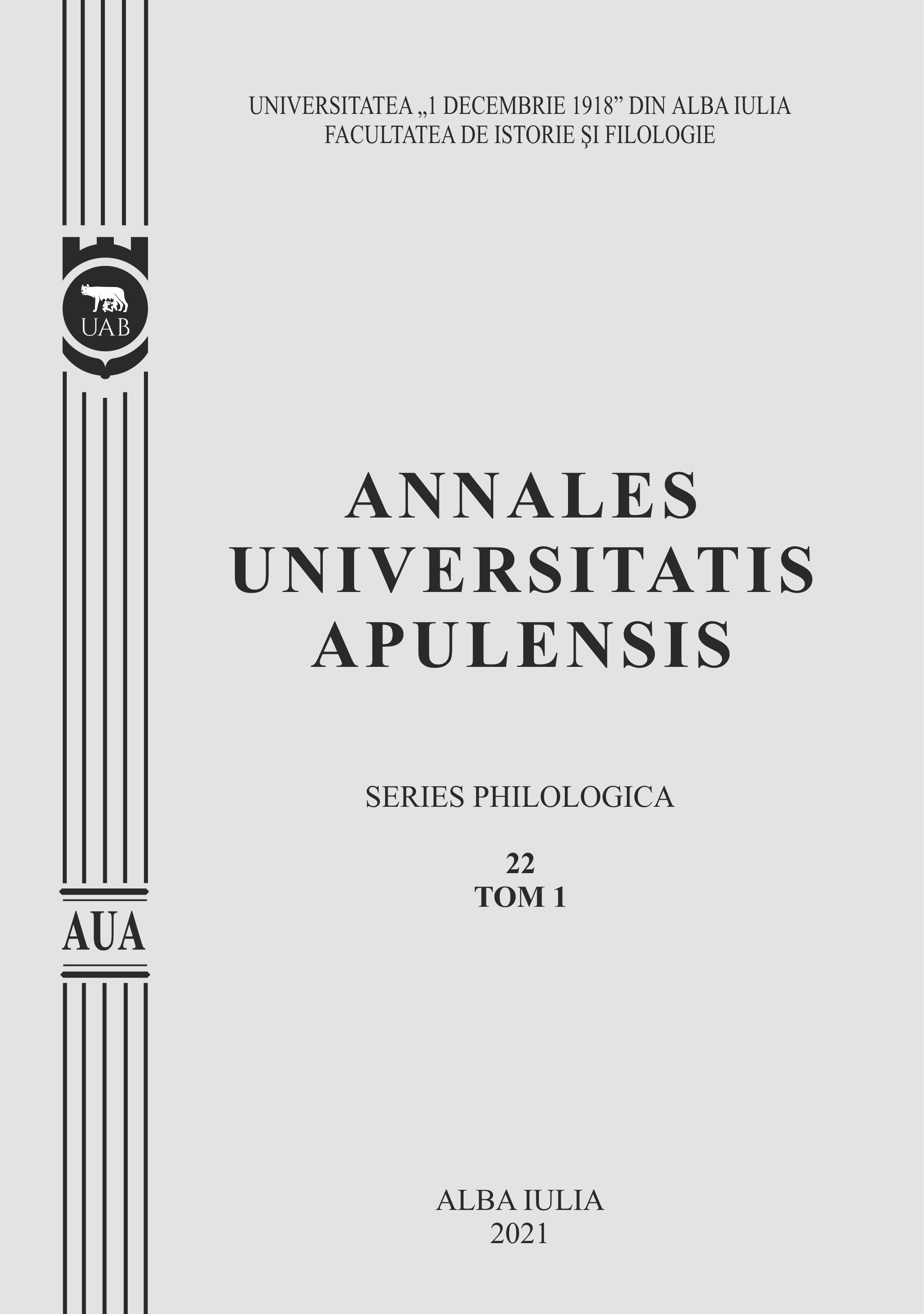POLITICI CURRICULARE NAȚIONALE ÎN CONTEXTUL SISTEMELOR EDUCAȚIONALE ACTUALE
National Curricular Policies in the Context of Current Educational Systems
Author(s): Liana TăușanSubject(s): Social Sciences, Education, State/Government and Education
Published by: Universitatea »1 Decembrie 1918« Alba Iulia
Keywords: education systems; curricular policies; educational policies; national curriculum; curricular reform;
Summary/Abstract: Current education systems have been built on the new principles specific to contemporary education and pedagogy: global education, lifelong learning, inclusive education, education for all, equal opportunities, partnership in education, and the dimensions of contemporary pedagogy: reconsidering the role of the student, who becomes the subject of education, the transition from hierarchically organized education systems to education systems organized according to the network model, learning by solving problems, stimulating critical thinking, concern for training competencies, the preponderance of interactive experiences, which generate in-depth learning.Despite the diversity generated by the national context, European education and training systems operate on the basis of a set of principles that represent the general framework to which each country's educational policies relate: equal opportunities and fairness, without any discrimination; the freedom of every learner to choose their own form of education; the integrity of the learning system; the decentralization of the system and institutional autonomy; the balance between basic knowledge for all and the knowledge, skills, competencies offered by an education/training cycle; opening the school to the world of work; partnerships between the school and family, between the school and any other actors involved; education in the spirit of active European citizenship; transparency of the knowledge and qualifications system. Among the directions considered within the Romanian education reform, the curricular reform represents the essential, central segment that now constitutes a distinct theme in the education sciences. The curriculum reform program is a coherent approach to national education policy, designed and developed in line with current European trends and practices. The new approach to the National Curriculum generated another type of curricular culture characterized by: focusing the educational process on objectives aimed at training competencies and skills; transforming the teacher-centred school into a student-centred school by promoting interactive learning methods, cultivating students' creative skills and creating varied, diverse learning situations (the teacher is responsible for organizing learning programs, the students’ performance confirming or denying the efficiency of the teaching actions); inter- and transdisciplinary approach to the school curriculum; approaching the curriculum in correlation with the issues of evaluating school performance and the initial and continuous training of teachers. The modern and innovative character of the National Curriculum are found at the level of its following defining features: placing learning at the centre of educational approaches; the orientation of learning towards abilities and competencies; the use of interactive methods; the development of a critical, interrogative spirit; stimulating creative thinking; structuring an education for everyone by making school paths more flexible; adapting the learning contents to the interests, skills of the student, and to the problems and requirements of social life; the accountability of the agents involved in the educational act.
Journal: Annales Universitatis Apulensis. Series Philologica
- Issue Year: 22/2021
- Issue No: 1
- Page Range: 438-444
- Page Count: 7
- Language: Romanian

